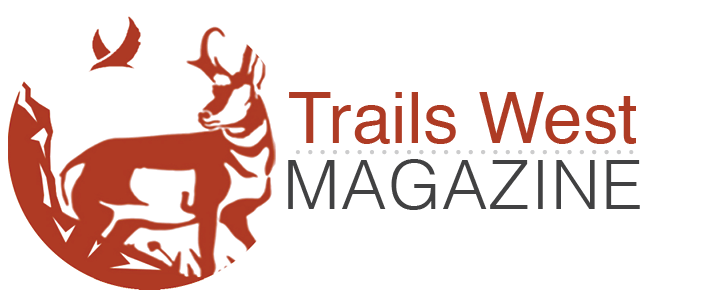| OPSEC |
Snowden warned us. The threat is at our front door. In 2013, Edward Snowden risked his life and freedom to reveal the vast scope of the surveillance state built quietly by the U.S. government in the post-9/11 era. What he exposed was nothing short of astonishing: an intricate web of mass data collection programs, global communications intercepts, and secret backdoors into the infrastructure of everyday life. From PRISM to XKeyscore, these programs allowed intelligence agencies like the NSA to monitor, record, and analyze nearly every digital interaction on the internet.
At the time, many brushed off Snowden’s warnings, believing such tools were used solely to target terrorists and foreign adversaries. But now, in a time when political tension has become a daily headline and domestic dissent is often viewed through a lens of suspicion, his revelations are more relevant than ever—particularly in what many refer to as the age of MAGA.
Under the banner of “Make America Great Again,” we’ve seen a rise in political extremism, misinformation, and a normalization of state and corporate surveillance under the guise of national security and public order. Civil liberties, especially the right to privacy, are once again being tested—this time not by the creation of new systems, but by the unchecked use of those already in place.
| The Illusion of the Clearnet
Most people live their digital lives on what’s known as the clearnet—the publicly accessible part of the internet that includes social media, news websites, email services, and search engines. What many don’t realize is that this space is under constant surveillance. Every search, every email, every like or share is logged, tracked, and stored. The clearnet operates under the illusion of privacy, but its infrastructure is fundamentally built for data collection. Tech giants like Google, Facebook (Meta), and Amazon don’t offer free services out of generosity—they profit by mining your behavior, profiling you, and selling that data.
What’s worse is how governments tap into that data. As Snowden showed, the NSA and its allies in the Five Eyes intelligence alliance have direct access to servers and fiber-optic cables, often with the quiet cooperation of Silicon Valley firms. Under programs like PRISM, metadata and content can be swept up wholesale—emails, video calls, browsing history—all without your knowledge.
In the MAGA era, where political opposition is frequently labeled as unpatriotic or dangerous, this type of surveillance no longer feels distant. Journalists, whistleblowers, and activists are increasingly targeted, not by coincidence, but by design. Digital trails can be weaponized. Online behavior can be misinterpreted. And in a climate where truth is subjective, your privacy is a fragile illusion.
| The Case for the Dark Net
Contrary to sensational media portrayals, the dark net is not just a haven for criminals and black markets. It’s a layer of the internet that requires special tools, like Tor or I2P, to access. While it has been used for illicit activity, it also serves a critical role in protecting privacy, free expression, and anonymity.
For journalists, the dark net offers a safer way to communicate with sources, especially whistleblowers. Secure dropboxes and encrypted message boards hosted on .onion services allow for confidential exchanges without exposing identities. In countries or climates where press freedom is under threat—like the U.S. may be trending toward—these tools are not luxuries; they are necessities.
For regular citizens, using the dark net (or at least Tor) can be a small but important step toward reclaiming personal privacy. Whether you’re researching sensitive health issues, exploring politics from different angles, or simply seeking a more secure way to browse, dark net tools reduce your exposure to surveillance capitalism and government snooping.
| Reclaiming Control
In the face of growing digital authoritarianism—whether from tech giants, federal agencies, or political actors—the average person has more power than they think. It starts with education. Understand what you’re using. Know what data you’re giving away. Use encryption, avoid mainstream surveillance platforms when possible, and consider decentralized or privacy-focused tools.
Snowden once said, “Privacy is the foundation of all other rights.” If we surrender it willingly—whether through apathy or convenience—we surrender much more than our data. In the age of MAGA, where truth is under siege and division is weaponized, protecting our personal security and digital autonomy is no longer optional. It’s a form of resistance.
| SPECIAL THANKS

Anonymous – HaCKer_SQuirrel







